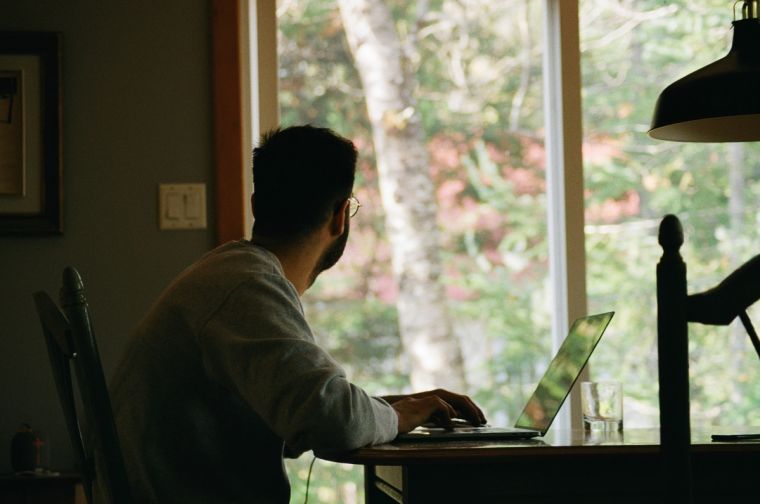During the pandemic, people have been trapped by more than just the four walls of their home

So here we are; the anniversary of lockdown. Trapped in our homes for a whole year. It may come as a shock to you. You thought the pandemic would be over in a few months or you are a key worker, working hard to keep everything going and you're not sure where the time has gone. Or maybe this milestone comes as no surprise at all; each day painstakingly crossed off on the calendar, filled with anxiety, loneliness and exhaustion. Whatever your experience of the last 12 months, I don't imagine it lined up with your hopes and dreams for 2020.
However, as we mark this anniversary and look forward to lockdown ending, we need to face up to the reality that this pandemic has left people trapped by far more than just the four walls of their home.
Covid-19 has created a growth in inequality. While we don't yet know the full extent of the economic impact of Covid, we do know that the entire financial landscape has shifted. Many more people in Scotland are now facing problem debt. The Financial Conduct Authority (FCA) recently reported that the number of financially vulnerable adults across the UK has risen by 15% to around 14 million.
The shame, embarrassment and guilt created by debt can keep people trapped in silence and isolation. Ashamed at getting into debt, embarrassment at what people will think, guilt at past decisions that may have contributed to ending up in debt. The stress and worry associated can be overwhelming, for many it can appear easier to ignore it rather than to confront it.
Unemployment in the UK is predicted to reach 2.6 million by the middle of this year, according to the Office for Budget Responsibility. A recent study by Christians Against Poverty (CAP) reveals that 55% of young adults in Scotland are losing sleep worrying about their personal finances and over half of debtholders (52%) say that their personal debt has had negatively impacted their mental health.
One of our debt advisors described an experience we now face regularly, "A young couple came to our Debt Centre for help, both lost their jobs within the same week due to Covid. Within days, all their reliable sources of income vanished.
"They eventually claimed Universal Credit, but had run up huge debt paying their rent and bills with credit cards and an overdraft, that they would previously have been able to repay without any problem. Prior to the pandemic they were in perfect control of their finances, now they faced unmanageable debt."
Missed bills, the creep of rent or council tax arrears, no money to pay everyday bills - this all leads to further borrowing to meet essential living costs. 64% of clients seeking support from CAP in Scotland were borrowing money for food or living costs; faced with the impossible decision of feeding their children or paying household bills.
Andy, a CAP client, described his experience of debt: "It was like being in a black hole and not able to get out."
The black hole of debt prevents so many people from reaching out for help. 30% of CAP clients in Scotland wait 3 years, if not longer, before seeking help. For so many, debt robs us of hope but it doesn't have to be this way.
Getting free expert advice on the right debt solutions at the earliest opportunity is key. An essential first step is seeing that there are options for help, support is available, and you are not alone in dealing with your debt. There is no shame in needing debt advice.
Andy described his experience of working with CAP: "I was often on the phone with the head office Scotland team, and Stan made it sound so easy, so my confidence built. You get your Financial Statement through, your budget and plan, and that was when it sank in - that this is doable. That's when I knew things would get better."
We need to work harder to help tackle the stigma and shame that still exists around debt. Opening up conversations around our personal finances can go a long way in helping people break free from debt, especially as furlough and other schemes come to an end. We can help those struggling speak up and reach out for support.
The last year has been a time of unprecedented and unexpected change, it is little wonder that so many of our lives have been thrown off balance. Problem debt can happen to any of us; there is no shame in that, we don't need to remain trapped in silence, help is available.
Emma Jackson is National Director of Christians Against Poverty in Scotland.











